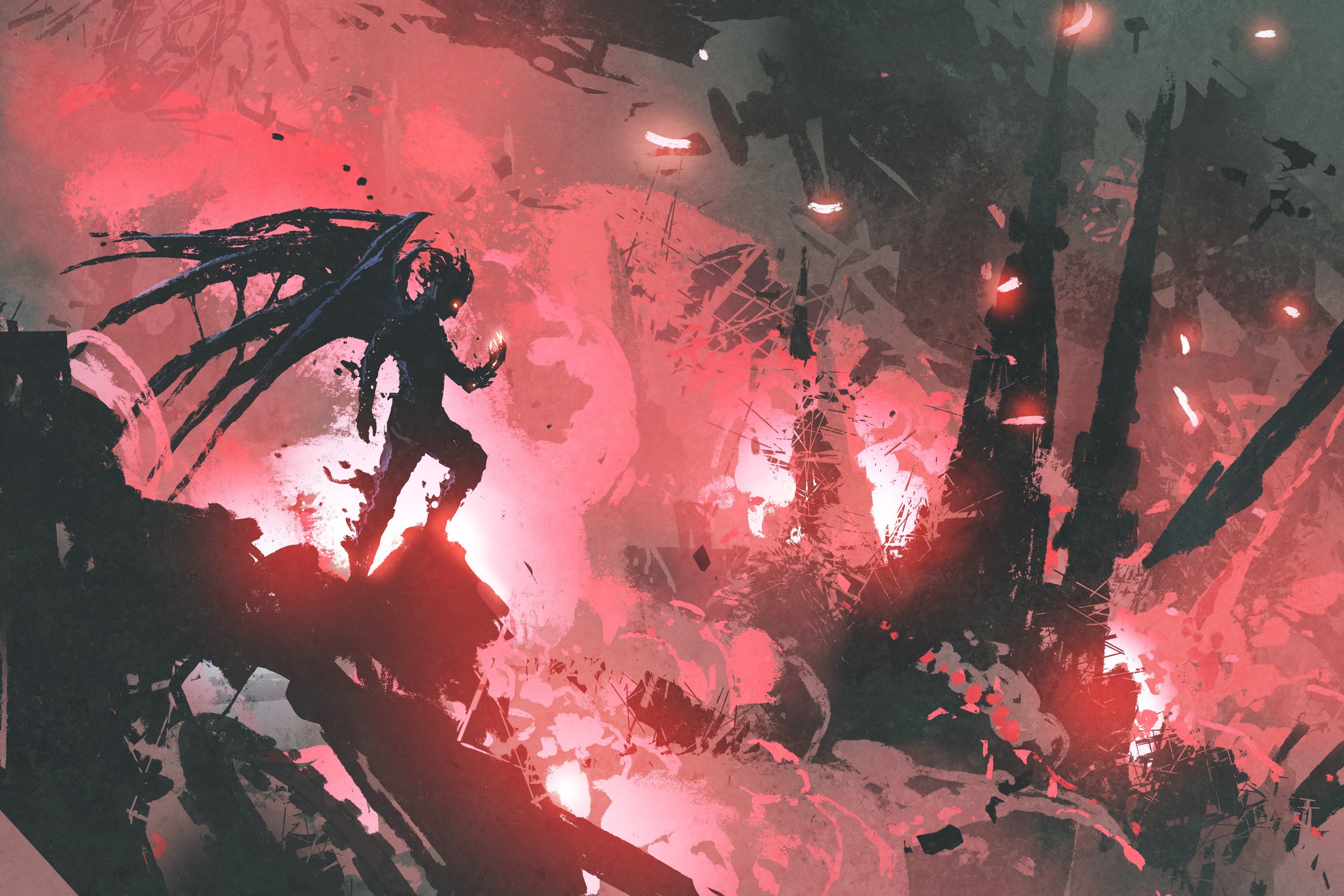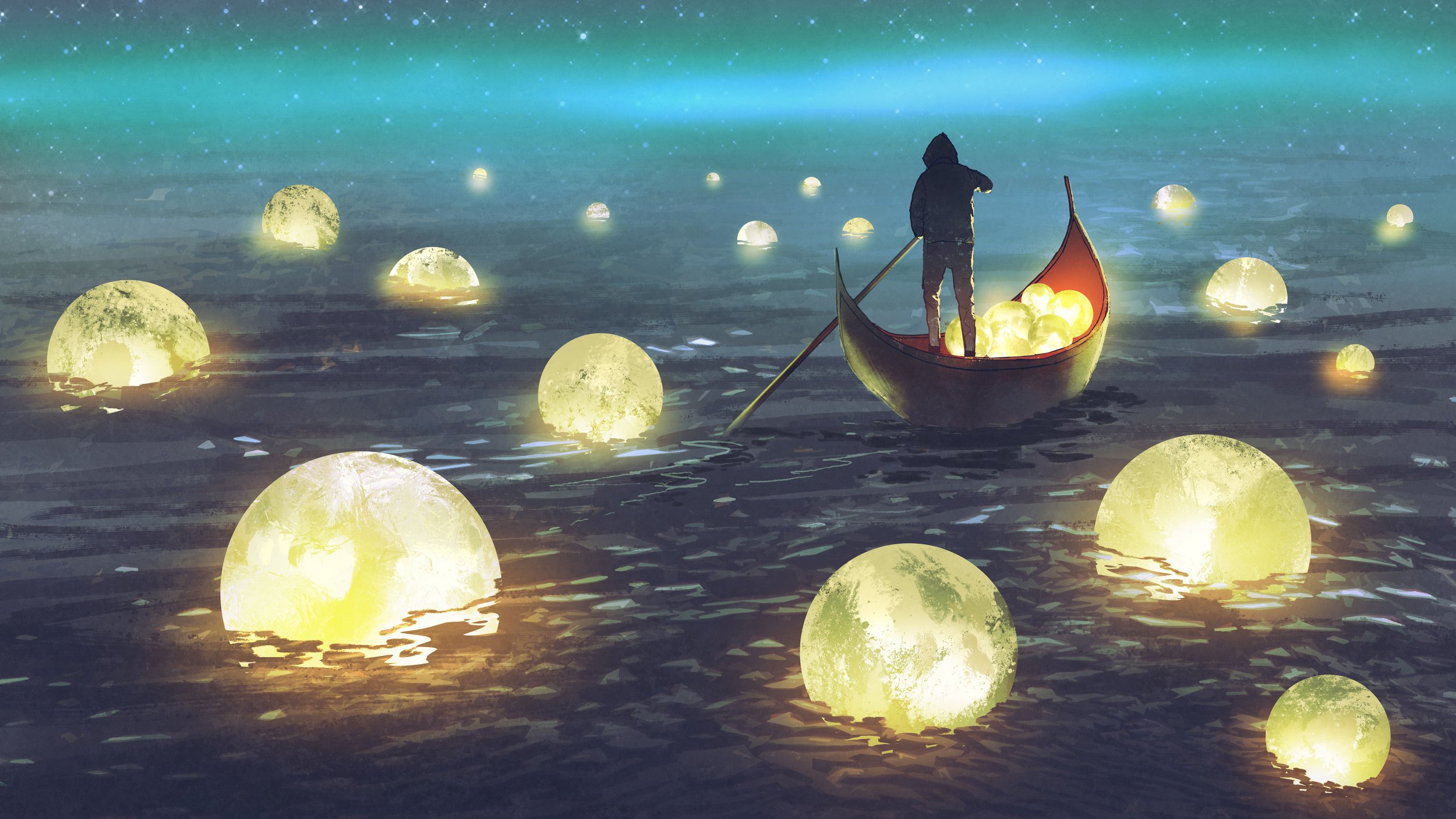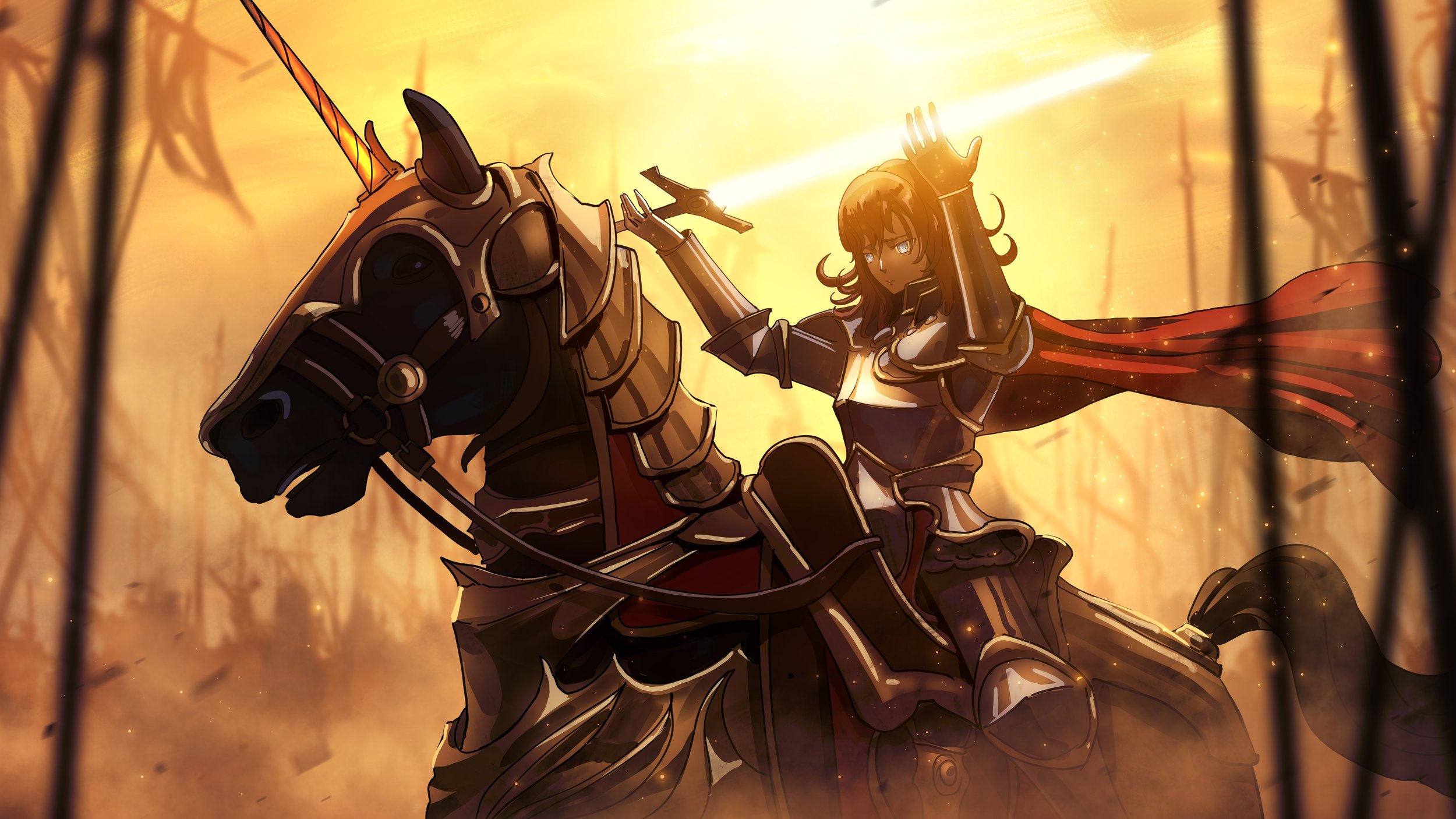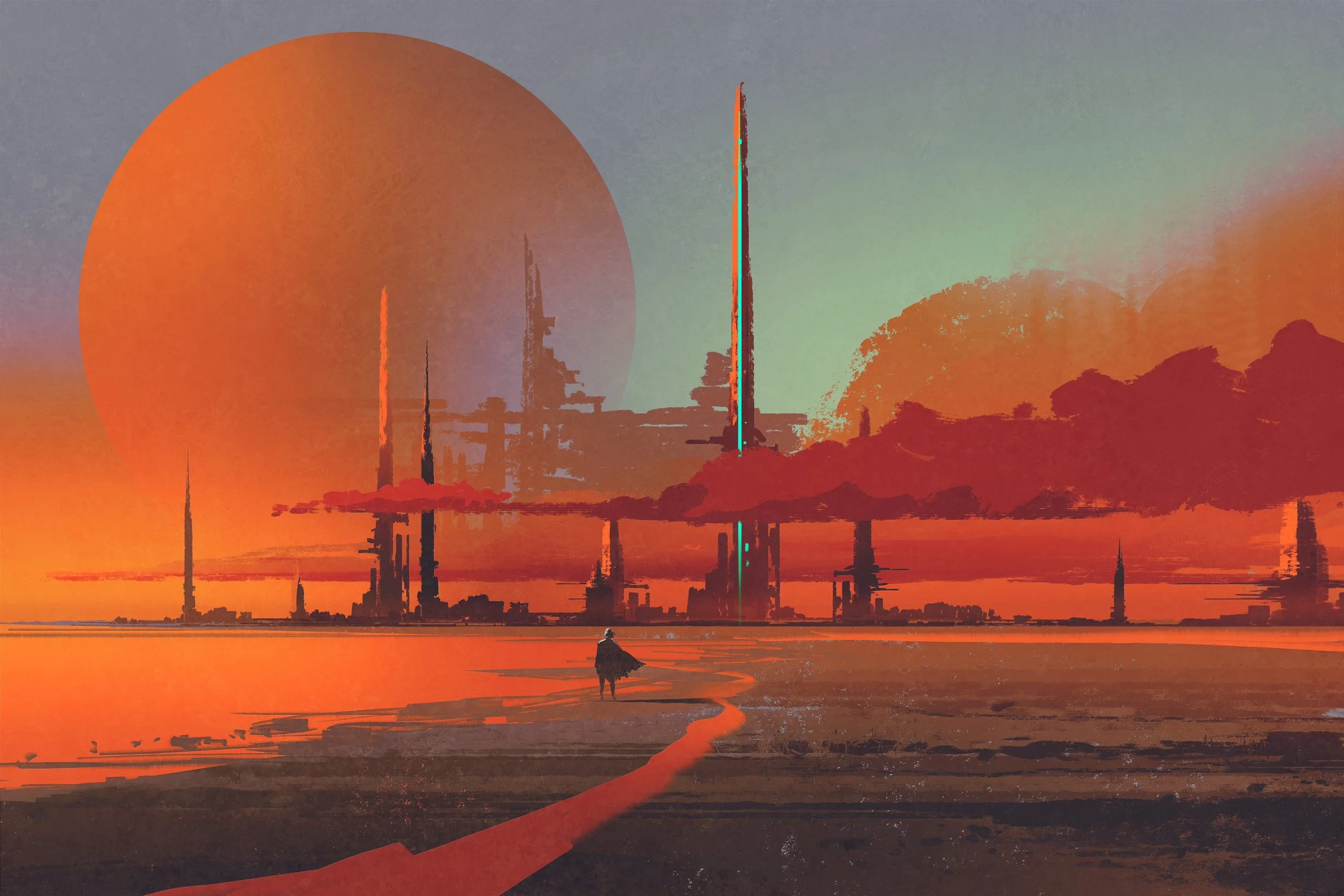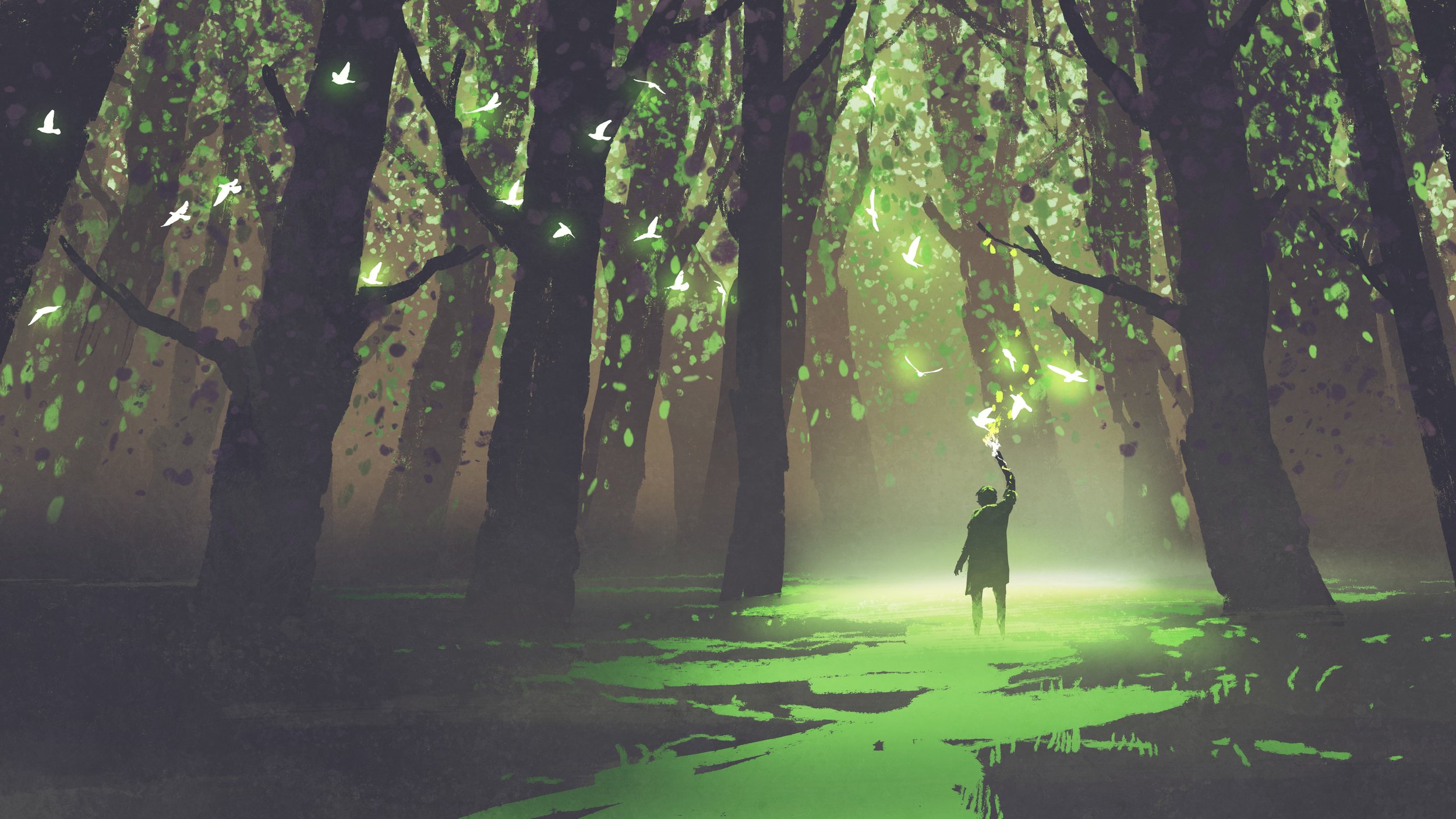X-Men and the Power of Being True to Yourself
How the X-Men inspired me to gain self-confidence.
This article includes affiliate links. If you purchase through an affiliate link, I earn a small amount from qualifying purchases.
Superheroes are, by their very nature, special. They exhibit incredible powers and hold themselves to incomparable moral standards. They exist to show us the best possible versions of ourselves. However—as I’ve written about in the past—that doesn’t mean they aren’t relatable. It’s easy to see ourselves in our favorite heroes, especially when those heroes deal with issues that many of us face in our everyday lives.
Perhaps no comic book series does a better job of relating to its readers than the X-Men franchise. The X-Men are outsiders in a way that other heroes simply are not. The Avengers, the Justice League, the Fantastic Four—these groups are all beloved by the general public. Even Spider-Man, who ostensibly has bad PR thanks to J. Jonah Jameson’s frequent smear campaigns, is generally adored by the New Yorkers of the Marvel universe. The X-Men, however, fight to protect a world that hates and fears them.
What’s more relatable than feeling like an outsider? Everyone has felt out of place or uncomfortable with themselves at one point or another. The X-Men model a way for us to deal with those feelings of otherness and insecurity.
" We live in an age of darkness: a world full of fear, hate and intolerance. But in every age, there are those who fight against it.”
- Storm
My personal favorite character among Marvel’s vast array of merry mutants is Kurt Wagner, better known as Nightcrawler. Nightcrawler has been an integral part of the X-Men ever since his introduction in 1975’s Giant-Size X-Men #1 by Len Wein and Dave Cockrum. He immediately stands out from his fellow X-Men thanks to a brilliant, eye-catching design: his mutation causes him to look like a furry blue demon.
Here’s what I love about Kurt Wagner: despite his frightening appearance—despite the fact that he is a religious man who looks like a classical demon—he is completely comfortable with himself. It would be very easy for writers to make his appearance be the crux of his story; for his arcs to focus on angst about the way he looks and the judgment he receives as a result. But under the pen of Chris Claremont (who took over the book after Giant-Size), those aren’t the stories we get.
“You know, outside the circus, most people were afraid of me. But I didn't hate them. I pitied them. Do you know why? Because most people will never know anything beyond what they see with their own two eyes.”
- Kurt Wagner, Nightcrawler
In early stories featuring the character, Kurt would use a sci-fi invention called an image inducer to make himself appear more human in public. However, it’s important to note that the image inducer isn’t Kurt’s idea—it’s Professor Xavier’s. In fact, in no time at all, Kurt abandons the image inducer entirely, openly revealing himself as a mutant to anyone who glances his way.
Kurt Wagner does not feel bad about who he is, and that extends past the physical. In addition to his demonic appearance, Kurt is also a circus acrobat, a devout Christian, and an avid fan of swashbuckling stories, all of which sets him apart from the majority of his teammates. And yet none of that slows him down. He is not ashamed to look different than others; he doesn’t waste his time wishing he was someone else. He understands that he looks different than most people and that his tastes and abilities set him apart—but rather than feel self-conscious about that, he embraces it. He loves the things that make him unique.
I don’t particularly like the way I look. I sometimes feel self-conscious about my own interests and hobbies. When I have those moments of self-doubt or discomfort, I try to remember the example set by Nightcrawler: I try to love the things that set me apart. Because whether I like it or not, those parts of myself exist—I can’t change them. So why let them hold me back?
That theme of self-acceptance echoes throughout the rest of X-Men, too. Another great example is Xi’an Coy Manh, the New Mutant known as Karma. In a confrontation with a villain many years ago, Karma lost a leg; she’s been using a prosthetic ever since. Fast-forward to the current X-Men titles and mutants have discovered a way of creating new bodies for themselves—perfect clones of each mutant at their physical peak. Karma is therefore presented the opportunity to transfer her consciousness into a new body that still has both legs... and she chooses not to.
Nightcrawler : “Then why not stay in disguise all the time? You know, look like everyone else.”
Mystique : “Because we shouldn't have to.”
Disability representation is important in all media, and it’s been a particularly hot topic in the TTRPG space over the last few years. (Check out D&D and Disabilities). Critics of representation often make the ridiculous claim that disability in sci-fi or fantasy media is unrealistic—characters would simply use technology or magic to remove their disability, right? Wrong.
Karma’s arc in Vita Ayala’s New Mutants is a powerful statement on this topic. Xi’an has accepted the loss of her leg; it’s a part of her now. She has no desire to ‘fix it’—she’s not broken.
I am not part of the disabled community myself, so I don’t have the authority to speak too deeply on the topic; however, it’s clear to me that Xi’an’s acceptance of her situation and her refusal to conform to society’s idea of what her body should be is a wonderful way of giving autonomy and representation to a group that is too often denied those things.
These examples are only the tip of the iceberg when it comes to self-acceptance within the X-Men franchise. Bobby Drake, AKA Iceman, is unable to access his powers to their fullest extent until he admits to himself that he’s gay; his repression for the sake of conformity locked away the potential he always had within. Once he accepts and understands himself, he becomes a much happier, more capable person.
Then, of course, there’s Kate Pryde, who has frequently drawn the comparison between her status as a mutant and her Jewish heritage, turning the mutant metaphor into an exploration—and celebration—of cultural identity (“I am Jewish. I am a mutant. And I want people to know who and what I am. I tell people because hey, if you’re going to have a problem with it... I’d like to know,” she declares in one memorable issue of Brian Michael Bendis’s All-New X-Men).
"My name is Bobby Drake and I'm not like anyone else you've ever met. Or maybe I am. I'm a mutant. And, I guess, soon to be an X-Man. Whatever that is."
―Bobby Drake, Iceman
At some point, all of us struggle with our self-perception. We all feel like an outsider; we all have that thought in the back of our minds. “I wish I were different than I am. I wish I were better. Would people like me more if I looked like this? Would I fit in better if I acted like this?”
The X-Men serve to remind us that there is no ‘better.’ You are who are you are, and that’s beautiful—and you’ll be a happier person if you can learn to accept yourself.
Author:
Ethan McIntyre is a writer and podcaster with a deep love of comic books, horror movies, and giant robots. You can find him on his blog, It Came From Off Panel, or on Twitter @offpanelpod, where he discusses nerdy topics like tabletop games and the weird skull bear from the film Annihilation.
Read more being true to yourself: Dare to Be Different and The Art of Living Authentically
